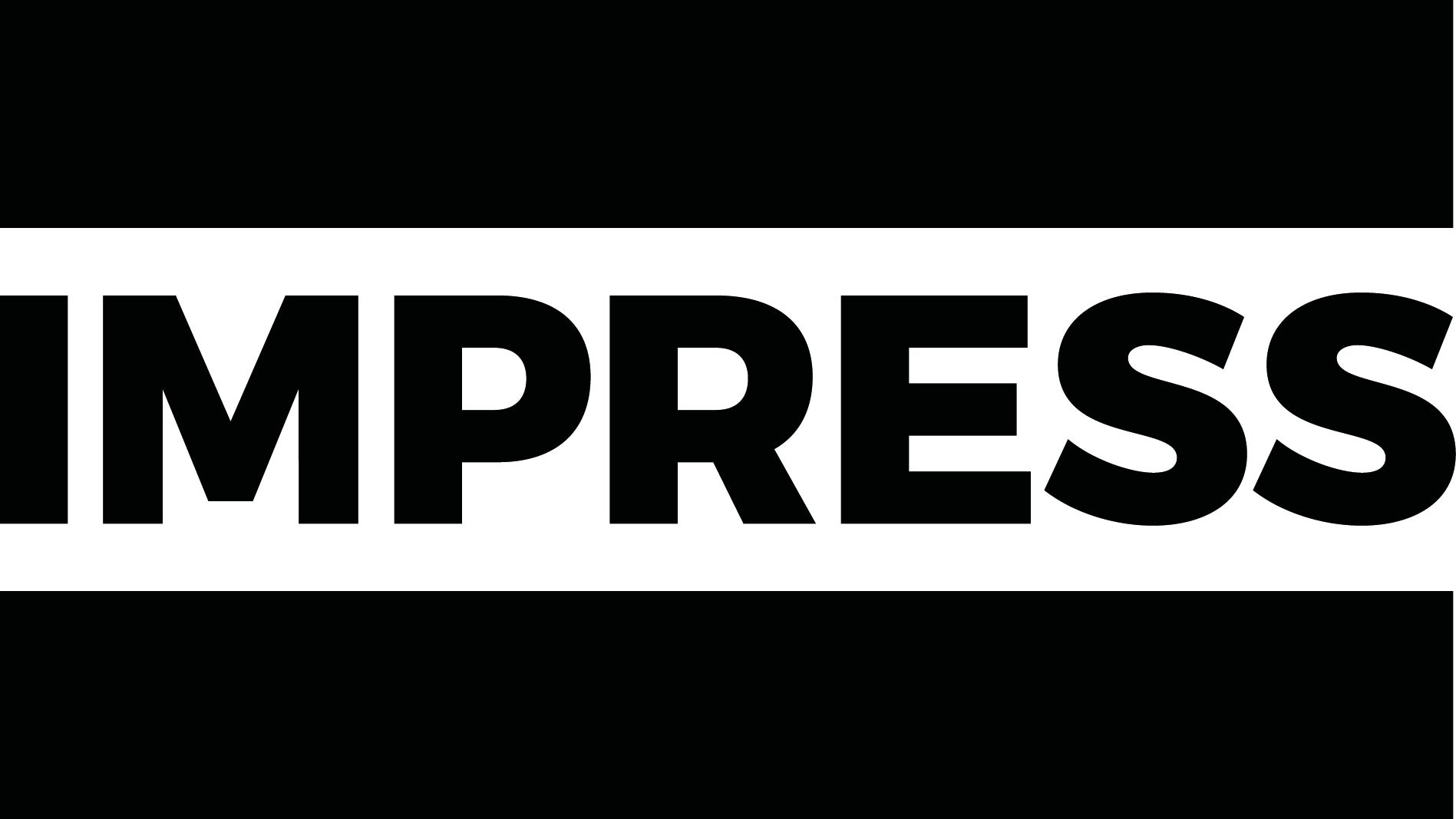
The News Media Association has said there are “grounds for judicial review” of the decision to recognise Impress as a state-approved press regulator.
Lawyers acting for the association have written to David Wolfe QC, chairman of the Press Recognition Panel that approved Impress under the Royal Charter on Tuesday last week.
In their letter they claim the Impress scheme of regulation put forward before the panel “falls short of the recognition criteria in a number of material respects which are not capable of cure”.
In particular they pointed to the regulator’s funding through two charities, the Alexander Mosley Charitable Trust and the Independent Press Regulation Trust.
In 2015 Impress struck a deal with the IPRT for £3.8m in funding over four years that is wholly provided by the Alexander Mosley Charitable Trust, of which ardent press reform campaigner Max Mosley is a trustee.
The PRP said the fact that this money was guaranteed for four years satisfied the Royal Charter criteria and gave Impress the ability to act independently without fear of losing funding.
But the NMA said: “The Grant Agreement effectively gives the AMCT, and thus Mr Mosley, a monopoly over the funding arrangements of Impress.
“The funding of Impress cannot reasonably be said to be independent.”
The association also said that Impress is “unable effectively to regulate the press” because of its small membership of UK news publishers, the majority of whom are signed up to rival regulator the Independent Press Standards Organisation.
“Sir Brian Leveson stated that a regulatory body should ‘be established by the industry, that it be able to secure the voluntary support and membership of the entire industry’,” the NMA said.
“Impress clearly fails to meet this requirement. The membership of Impress covers a small minority of small publishers.
“There is an overwhelming likelihood that for the foreseeable future, the vast majority of the press publishers will not join Impress.
“Impress is, quite simply, unable effectively to regulate the press as it will not secure membership or support of a significant part of the industry, let alone its entirety.”
The association also called into question Impress’s use of the Editor’s Code of Conduct, used by IPSO, despite not being part of its framing.
The NMA said a “casual” inquiry over lunch at the panel meeting as to whether there was any legal complaint against its use was “hardly sufficient”.
It added: “In light of the PRP’s recognition that the Editors’ Code is ‘owned’ by a third party and therefore cannot be the responsibility of Impress, a decision that this criterion has been met is unsustainable.”
Impress is understood to have used the Editor’s Code to gain Royal Charter approval, requiring a standards code under the charter criteria, but will use its own code once finalised.
In August the regulator unveiled the first draft of its 10-clause standards code under which it wilo regulate its members.
The NMA said it was “unlawful” for the PRP to approve a regulator “without assessing the standards code against which it is to regulate its members”.
The PRP has announced it would publish all the information received during its calls for information within 30 days of its decision, alongside its assessment report, the board’s final decision and the Impress application.
The NMA has asked for this documentation to be provided by 4 November “at the latest” and said it will be writing to the panel with “a formal pre-action protocol letter” thereafter.
Email pged@pressgazette.co.uk to point out mistakes, provide story tips or send in a letter for publication on our "Letters Page" blog
